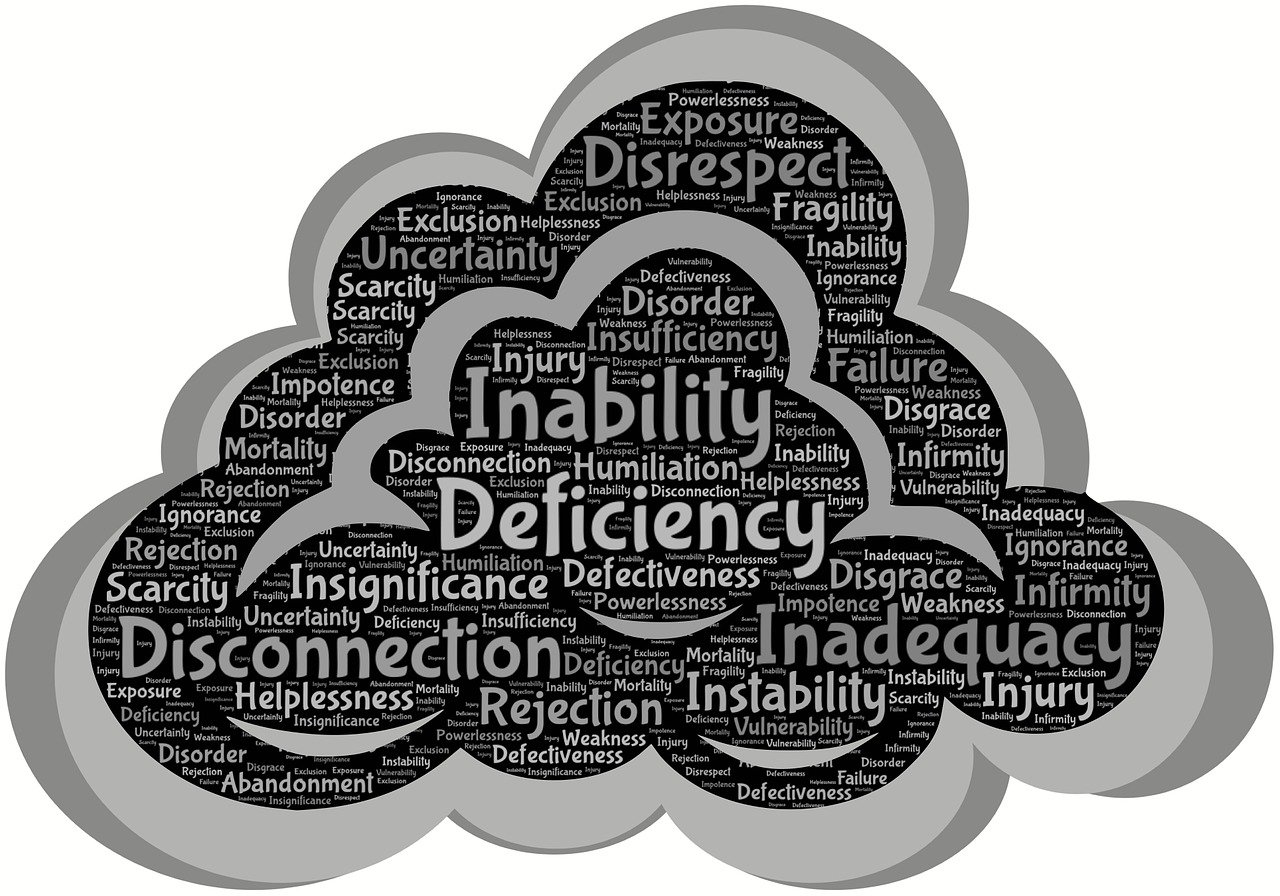In the fast-paced, ever-evolving world of entrepreneurship, success is no accident. Highly effective entrepreneurs have cultivated habits that differentiate them from the pack, driving sustained growth and innovation year after year. As companies like Apple, Tesla, and Amazon continue to disrupt industries, the behaviors behind their leadership reveal patterns any aspiring entrepreneur can adopt. From rising early before the day’s chaos to harnessing the latest AI tools, these habits form the backbone of entrepreneurial success in 2025. Embracing vision, discipline, and adaptability has never been more critical in an environment rich with both opportunity and competition.
Moreover, the intersection of technology, such as Slack’s collaborative platforms and AI analytics, with timeless traits like curiosity and simplicity, shapes how modern entrepreneurs operate. The ability to measure progress precisely, schedule strategically, and maintain physical and mental wellness underpins their effectiveness. This article delves into the core habits shared by the world’s top entrepreneurs, unveiling practical insights backed by real-world examples from companies like Google, Microsoft, and Spotify. Whether you’re building a startup or scaling an established firm, these strategies can empower your journey toward achieving and sustaining extraordinary success.
How Early Rising Cultivates Strategic Advantage in Entrepreneurial Success
One habit strongly correlated with the world’s most successful entrepreneurs is waking up early. The practice goes beyond mere discipline—it’s about claiming a quiet zone where one can focus intensely, free from distraction and the noise of daily correspondence. For visionary leaders at companies like Apple and Tesla, these hours before dawn enable deep thinking and strategic planning when mental clarity is at its peak.
The benefits are tangible: early risers get a head start on the day’s objectives, which reduces stress and improves task management. When the majority have yet to start their routine, entrepreneurs seize the moment to tackle complex problems or draft innovative ideas. This approach allows them to lead with foresight rather than react under pressure.
Physical well-being also plays a role. Many high achievers incorporate morning exercise as part of their routine, boosting their cognitive function and energy. For example:
- Jeff Bezos: Has been known to dedicate his early mornings to exercise, setting a tone of productivity and energy.
- Elon Musk: Though famously busy, his mornings often begin early, maximizing crucial hours for uninterrupted work.
- Top executives at Microsoft: Promote early starts paired with mindfulness exercises to improve focus.
Beyond individual habits, the organizational culture also supports early rising through flexible work hours, allowing creative ideas to flourish outside conventional schedules. Companies like Amazon encourage asynchronous communication, enabling employees to start when they are most productive, an approach many entrepreneurs model personally.
Here is a comparative overview of typical morning routines among successful entrepreneurs:
| Entrepreneur | Wake-up Time | Morning Activity | Key Benefit |
|---|---|---|---|
| Apple’s Tim Cook | 4:30 AM | Exercise and email review | Early control of communication and mental readiness |
| Tesla’s Elon Musk | 6:00 AM | Focused problem-solving before meetings | Maximize quiet hours for innovation |
| Amazon’s Jeff Bezos | 5:00 AM | Physical fitness and reading | Enhanced concentration and learning capacity |
| Microsoft Leadership | Variable (Early adopter policies) | Mindfulness and exercise | Improved emotional resilience |
Adopting an early-rising schedule aligns with the concept of “first-mover advantage” in entrepreneurship. By structuring daybreak hours for high-value tasks, entrepreneurs enhance their decision-making capacity and maintain a competitive edge.

Intentional Reading and Continuous Learning Fuel Entrepreneurial Excellence
Highly successful entrepreneurs consistently prioritize reading as a tool for expanding knowledge and sparking creativity. This habit transcends typical business literature, embracing a wide range of fields such as psychology, history, technology, and philosophy. For instance, Spotify’s executives are known to draw inspiration from diverse sources to steer innovative product development.
Reading intentionality means selecting material with a clear purpose—to inform problem-solving, inspire leadership approaches, or understand emerging market trends. Warren Buffett, one of the most celebrated investors, reportedly spends up to 80% of his day with books and reports, underscoring the value of immersive learning.
Exposure to a breadth of subjects cultivates lateral thinking. Ideas from unrelated disciplines often provide breakthrough insights. For example, Apple’s design innovation borrows heavily from principles of simplicity and aesthetics found outside the typical tech space.
Practical steps successful entrepreneurs take to deepen their reading impact include:
- Creating thematic reading lists blending core business topics with broader cultural or scientific perspectives.
- Annotating and reflecting on key takeaways to personalize insights.
- Discussing ideas within teams to enhance collaboration and cross-pollination of thoughts.
- Scheduling dedicated reading time daily or weekly to ensure consistency.
This thoughtful approach to reading ensures that entrepreneurs like those at Google and Shopify keep ahead of trends while maintaining a sharp understanding of human behavior, an essential component in creating user-centric products and services.
Examples of Impactful Reading Practices Among Top Entrepreneurs
| Entrepreneur | Reading Focus | Application in Business |
|---|---|---|
| Bill Gates (Microsoft) | Science, Global Issues, Technology | Informed philanthropy and tech investments |
| Reed Hastings (Netflix) | Leadership, Entertainment Trends | Innovated streaming content strategies |
| Lisa Su (AMD) | Engineering, Market Disruptions | Driven advanced semiconductor research |

Using Technology and AI to Optimize Workflows and Communication
In 2025, the integration of AI and collaboration platforms like Slack and Salesforce CRM is a common thread amongst successful entrepreneurs. These tools allow seamless communication, smart scheduling, and powerful analytics that elevate productivity. Their businesses run more efficiently, minimizing distraction and focusing talent on critical tasks.
One habit that truly sets top entrepreneurs apart is their ability to reduce noise by channeling all communications into centralized systems. For example, Slack’s ecosystem lets teams reduce email overload and access historical conversations whenever needed, increasing transparency and the speed of decision-making.
Moreover, AI-driven CRMs can automatically prioritize customer inquiries and forecast sales trends, providing entrepreneurs like those at Airbnb and Shopify with actionable insights. This reduces time spent on low-value tasks and amplifies strategic focus.
Here are some key advantages of integrating AI and smart tools into daily routines:
- Automation of repetitive tasks: AI assists with scheduling, data entry, and follow-ups, freeing up time for creative work.
- Predictive analytics: Entrepreneurs gain foresight on customer behavior and market shifts.
- Enhanced collaboration: Centralized platforms ensure clear visibility across departments.
- Improved decision-making: Real-time data reduces guesswork and supports informed actions.
One innovative example is how Tesla’s team uses AI to track project progress and detect bottlenecks early, enabling rapid pivoting and iteration. Similarly, Google’s use of AI tools in marketing and product development provides a massive competitive advantage.
What Habits Do the Most Successful Entrepreneurs Share?
Top Technology Tools Used in 2025
The Role of Mindfulness, Sleep, and Simplicity to Sustain Success
Entrepreneurial success hinges not only on external productivity but also on personal well-being. Leading entrepreneurs underscore the significance of mindfulness, adequate sleep, and embracing simplicity to avoid burnout and maintain peak performance.
Sleep is critical for emotional regulation and cognitive function. Studies reveal that insufficient sleep heightens stress levels that feed back negatively into productivity. Executives at companies such as Microsoft and Amazon have made sufficient rest a priority, understanding that sustainable success derives from balance rather than relentless work hours.
Mindfulness practices like meditation or breathwork, popularized by Salesforce’s CEO Marc Benioff, help entrepreneurs navigate pressure with a relaxed and focused mindset. This clarity facilitates better decision-making and emotional resilience in turbulent business environments.
Successful entrepreneurs embrace simplicity to maximize effectiveness. This involves:
- Establishing clear boundaries: Prioritizing high-impact work over busywork.
- Creating straightforward routines: Avoiding task overload by focusing on essentials.
- Limiting digital distractions: Channeling communications into manageable streams.
By simplifying workflows, entrepreneurs can concentrate on quality instead of quantity, producing superior results with less stress. This habit is echoed by leaders at Nike and Spotify, who intentionally reduce complexity within teams to foster innovation and agility.

The Power of Curiosity, Visualization, and Gratitude in Entrepreneurial Growth
Successful entrepreneurs nurture curiosity as a continuous source of innovation. They resist stagnation by exploring new ideas, industries, and partnerships. Curiosity fuels their ability to adapt and grow, ensuring longevity beyond initial ventures.
Visualization of goals is another habit that accelerates progress. Entrepreneurs at Amazon and Airbnb regularly practice envisioning success in vivid detail, aligning their daily efforts to those objectives. This mental rehearsal aids in refining strategic choices and maintaining motivation during challenges.
Finally, practicing gratitude contributes to a positive mindset and resilient leadership. By recognizing achievements and appreciating team efforts, entrepreneurs create environments that foster collaboration and employee satisfaction.
Key actions to embed these habits include:
- Dedicate time for creative curiosity: Schedule exploratory brainstorming sessions or research periods.
- Daily goal visualization: Review and mentally rehearse desired outcomes each morning or evening.
- Express gratitude consistently: Implement team rituals that acknowledge contributions and milestones.
This holistic approach to mindset contributes significantly to entrepreneurial success and stands as a differentiator in a crowded business landscape.
Comprehensive summary of success-driving habits in entrepreneurship
| Habit | Description | Example |
|---|---|---|
| Early Rising | Start the day before distractions begin to gain mental clarity and focus | Tim Cook’s 4:30 AM wake-up and exercise routine |
| Intentional Reading | Expand knowledge with diverse subjects to spur innovation | Bill Gates’s multi-discipline reading habits |
| Technology Integration | Utilize AI and platforms like Slack to optimize workflows | Tesla’s use of AI for project management |
| Mindfulness and Sleep | Balance stress and enhance cognition through rest and meditation | Marc Benioff’s advocacy of meditation |
| Curiosity and Gratitude | Drive continuous growth with exploration and positive recognition | Amazon’s visualization of success and team appreciation rituals |
Frequently Asked Questions on Entrepreneurial Habits
How important is waking up early for entrepreneurial success?
Waking up early is important for many successful entrepreneurs because it provides uninterrupted time for focus, planning, and physical activity, which enhance overall productivity and mental readiness.
Can technology really boost an entrepreneur’s efficiency?
Absolutely. Technologies like Slack, AI-powered Salesforce CRM, and digital scheduling tools streamline communication, automate repetitive tasks, and offer data-driven insights that save time and improve decisions.
Why is reading so emphasized among successful entrepreneurs?
Reading fosters continuous learning and broadens perspectives, helping entrepreneurs innovate by applying knowledge from different fields to their business challenges.
How do mindfulness and sleep contribute to an entrepreneur’s performance?
They reduce stress, improve emotional regulation, and boost cognitive function, allowing entrepreneurs to maintain creativity and resilience in demanding environments.
What is the role of curiosity and gratitude in entrepreneurship?
Curiosity drives innovation and adaptation, while gratitude builds positive relationships and a supportive culture, both of which are essential for sustainable success.
For those exploring how to leverage social media marketing alongside these habits, platforms worth considering for strategic growth include detailed resources and analysis at social media marketing worth.


